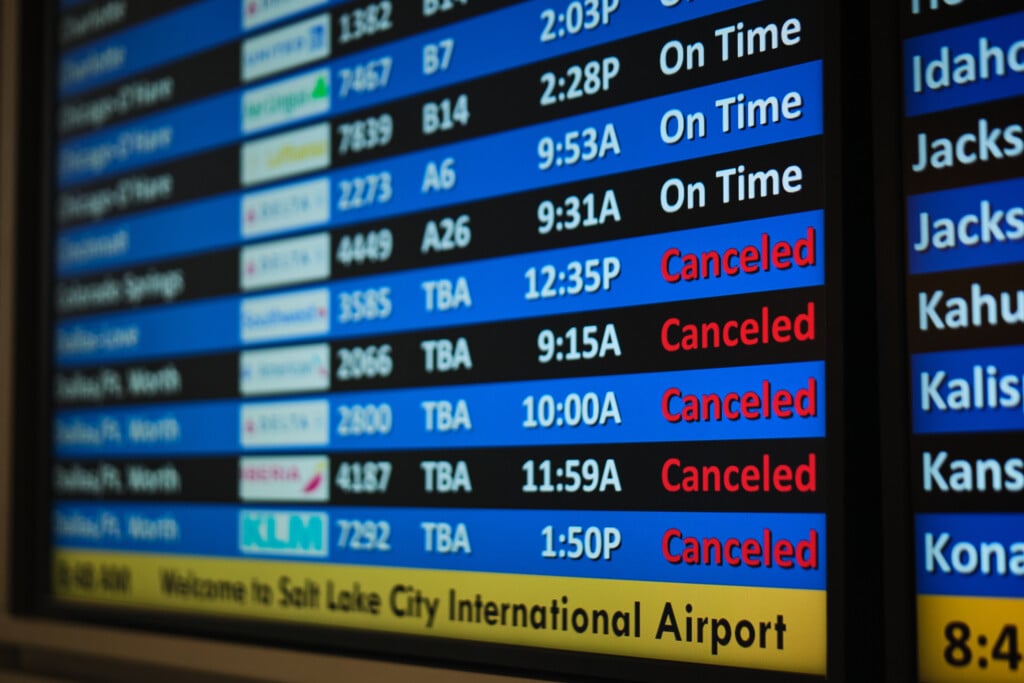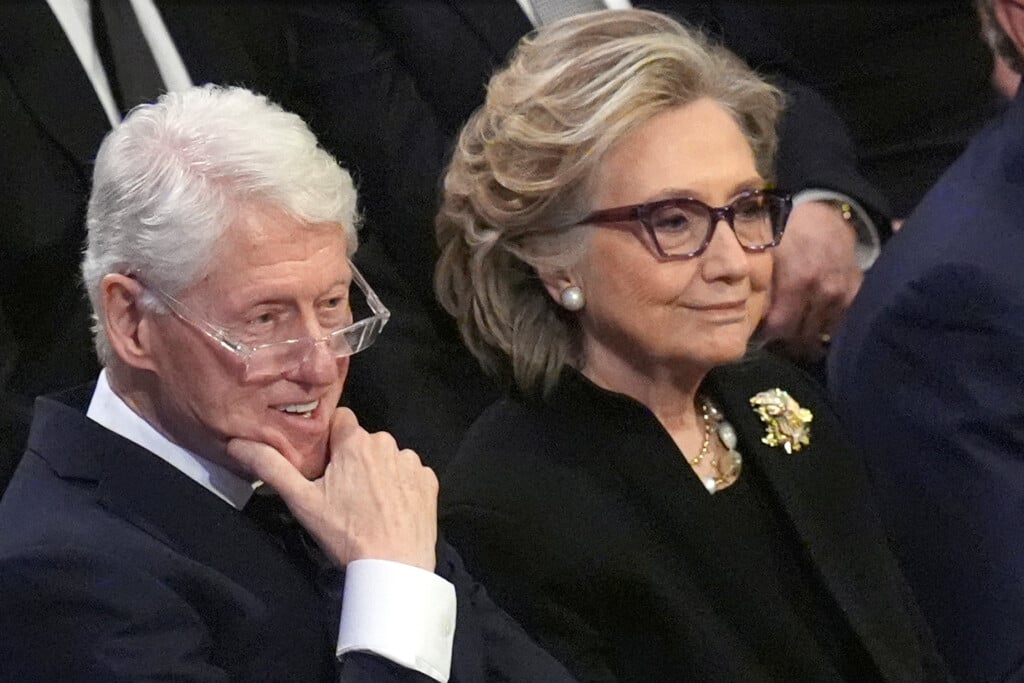President Trump’s tariffs go into effect

Cranes work on stacks of containers at Bangkok Port in Bangkok, Thailand, Wednesday, April 9, 2025. (AP Photo/Sakchai Lalit)
President Trump’s new tariffs on countries that have tariffs on the U.S. went into full effect just after midnight this morning.
When Trump announced the latest round of tariffs on April 2, he declared that the U.S. would now tax nearly all of America’s trading partners at a minimum of 10% and impose steeper rates for countries that he says run trade surpluses with the U.S.
The 10% baseline went into effect Saturday. Trump’s higher import tax rates on dozens of countries and territories took hold at midnight.
Some of these new tariffs build on previous trade measures. Trump last week announced a tariff of 34% on China, which comes on top of 20% levies he imposed on the country earlier this year. Trump has added an another 50% levy on Chinese goods in response to Beijing’s recently promised retaliation. That brings the combined total to 104% against China.
Other rates include a tax of 46% on Vietnam, 32% on Taiwan, 25% on South Korea, 24% on Japan and 20% on the European Union.
European Union member states have voted to approve retaliatory tariffs on $23 billion in goods in response to Trump’s 25% tariffs on imported steel and aluminum. The tariffs will go into effect in stages, with some on April 15 and others on May 15 and Dec. 1. The EU executive commission didn’t immediately provide a list of the goods.
Canada is putting a 25% levy on auto imports from the U.S. that do not comply with the 2020 U.S.-Mexico Canada Agreement.
Trump says tariffs will be “ZERO” for companies that come back to America. “This is a GREAT time to move your COMPANY into the United States of America,” he wrote on his social media site.
South Korea has launched an emergency funding program worth $2 billion to help its automobile industry cope with the impact of increased tariffs. The government package includes a new financing program backed by auto giants Hyundai and Kia.
Cars and auto parts are South Korea’s top export items to the United States, with exports of automobiles to the U.S. totaling $34.7 billion last year, while exports of auto parts amounted to $8.2 billion.
Hyundai has an assembly plant in Montgomery, while Kia has a plant just across the state line in West Point, Georgia. They share many suppliers across Alabama.
(Copyright 2025 The Associated Press contributed to this report. All rights reserved. This material may not be published, broadcast, rewritten or redistributed.)






